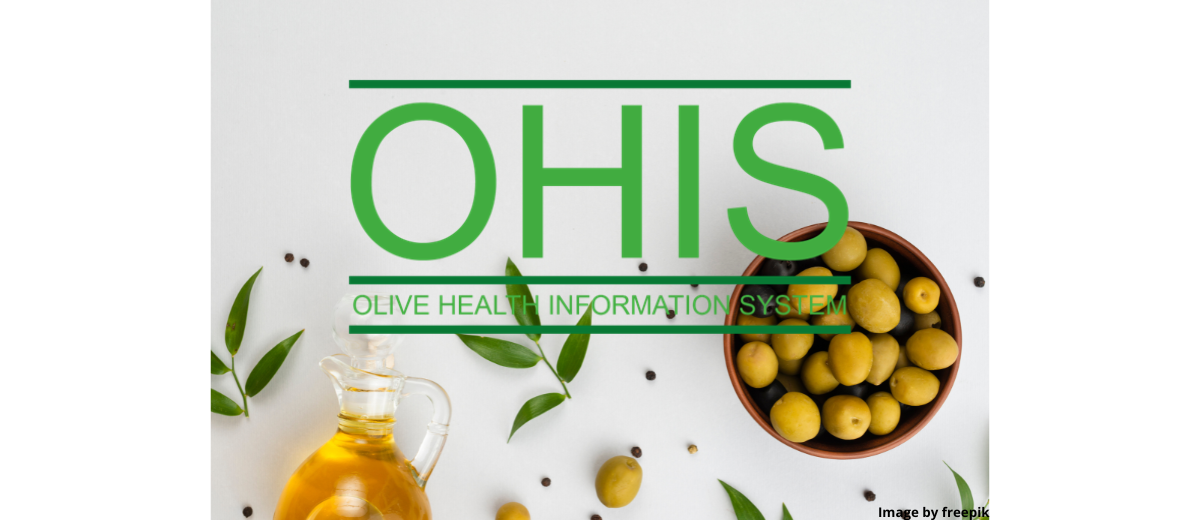This week on the Olive Health Information System website
The newsletter of the University of Navarra and the IOC dedicated to health
Diet is recognized as a modifiable risk factor in the prevention and treatment of obesity-related diseases. The Mediterranean diet is widely acknowledged as a healthy dietary pattern. It emphasizes plant-based foods and includes olive oil as the primary source of fat. This week’s newsletter highlights studies demonstrating that the Mediterranean diet may help reduce the risk of developing obesity-related disorders.
A cross-sectional study from the Childhood Obesity Risk Assessment Longitudinal Study (CORALS) cohort, which included 1,218 Spanish children aged 3 to 6 years, examined adherence to the Mediterranean diet and its relationship with body composition. Adherence was assessed using validated child-specific tools, including the MED4CHILD questionnaire and the COME-Kids food frequency questionnaire. The findings showed that greater adherence to the Mediterranean diet was significantly associated with lower body fat composition. When evaluating central obesity using waist circumference and waist-to-height ratio, higher adherence to the Mediterranean diet was linked to lower measurements—though these associations were only statistically significant in boys.
Obesity is a known risk factor for cardiovascular disease and type 2 diabetes. A study from the European Prospective Investigation of Cancer (EPIC), specifically the the EPIC-Norfolk cohort, evaluated the effects of physical activity and adherence to the Mediterranean diet—both individually and combined—on the incidence of type 2 diabetes and cardiovascular disease in adults. The researchers considered both baseline levels and changes over time. The study found that higher levels of these health behaviors during midlife, as well as improvements over time, significantly reduced the likelihood of developing type 2 diabetes and cardiovascular disease. The most significant risk reductions were observed when both behaviors were adopted early and sustained over time. However, adopting a physically active lifestyle and a healthy diet—even later in life—can still lead to meaningful improvements in cardiometabolic health. Importantly, the analysis indicated that combining these behaviors yields synergistic benefits. For example, participants who improved from unfavorable to favorable levels of both behaviors experienced a 53% reduction in the risk of type 2 diabetes and a 20% reduction in the risk of cardiovascular disease. In contrast, those who declined from high to low adherence faced a 37% and 56% increased risk of type 2 diabetes and cardiovascular disease, respectively.
These findings underscore the potential causal relationship between physical activity, diet quality—especially the Mediterranean diet—and cardiometabolic diseases.
Other articles mentioned this week in the OHIS newsletter:
Mediterranean Diet
Adherence to the Mediterranean diet and allergic diseases in Korean adults: KNHANES 2013-2016.
Impact of Mediterranean diet on mortality in vertebral compression fracture patients.
Cancer
Metabolic disorders
Dietary indexes
Food-based indexes and their association with dietary inflammation.
Others
Effect of Predominantly Plant-Based Diets on Visceral Fat: A Systematic Review and Meta-Analysis.










